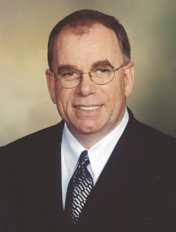
If you ask skilled care operators what keeps them up at night, expect to hear something along these lines: Involvement in accountable care organizations, doing a better job of touting affordability and working more effectively with regulators.
That’s not so surprising. What is surprising is that you would likely get a similar response from assisted living operators. Clearly, this field has made some amazing strides in the past few decades.
It wasn’t so long ago that huge arguments were being waged about whether residents with Alzheimer’s even belonged in assisted living communities. There were also debates about whether residents should receive any kind of assistance with their meds. At the same time, many assisted living marketers fretted over whether the term “administrator” was even acceptable. In retrospect, those issues seem almost quaint.
To see just how far this sector has evolved, you could do worse than attending the Assisted Living Federation of America’s annual meeting, which takes place this week near Dallas.
I’m looking forward to the event for the usual journalistic reasons (meeting new sources, trading gossip, perhaps even filing a news story or two). I’ve also been asked to moderate a session Wednesday (“When Assisted Living and Public Policy Collide: A Debate about the Future of Aging in Place” at 10:45 a.m. in Dallas Room 5).
At the risk of being guilty of shameless self-promotion, this is one session you’ll want to attend.
Panelists representing the industry, regulators and ALFA will weigh in on some of the top issues of the day.
These include how assisted living will fit into the new ACO model, how the field can market its cost-saving advantages, ongoing oversight challenges, and the extent to which assisted living residents should be allowed to age in place. It promises to be a lively — and eye opening — discussion. Hope to see you there.




